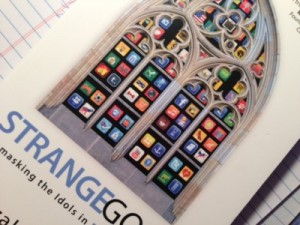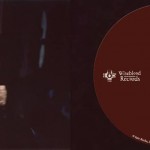Over at First Things, a terrific feature on Hidegard of Bingen:
Many have made Hildegard in their own image. She became a mystic to later medievals who saw her through the lens of her popular disciple Elisabeth of Schönau, although she was more properly a visionary and prophet. To humanists like Jacob Faber Stapulensis she became a woman of letters, to Reformers like Andreas Osiander a Protestant, and (in our own day) to the feminists like filmmaker Margarethe von Trotta a proto-feminist. She has become all things to all people that she might serve some. Like Jesus, of the making of Hildegards there is no end.
The real Hildegard, however, was of course a hardcore medieval Catholic: among many other things, a defender of hierarchy in Church and society and a hammerer of heretics whose visions were in essence doctrinal expositions of Scripture according with the beliefs of the times. Frankly, those who disdain various aspects of modern feminism should nevertheless rejoice that feminist scholars and filmmakers have played a major role in stoking contemporary interest in Hildegard even if they sometimes neglect the more traditional aspects of her person, activity and legacy.
For instance, von Trotta’s recent film on Hildegard, Vision, is exceptional, only occasionally falling into two-dimensional clichés about the middle ages and power and gender relations therein. But while von Trotta presents Hildegard speaking truth to the power that is Holy Roman Emperor Frederick Barbarossa, a notorious supporter of antipopes against Alexander III, she presents Hildegard’s seeking the support and approval of St. Bernard of Clairvaux and Pope Eugenius III with less interest and passion.
Read the whole thing.
And if you get a chance, check out Vision, the film referenced here. My husband and I enjoyed it; despite the trailer, which I think shows it too narrowly:











